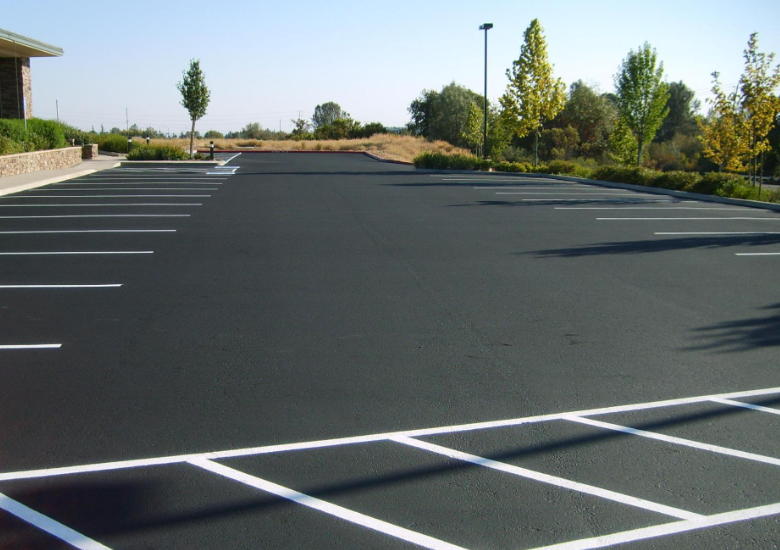
Asphalt parking lots are a staple feature of commercial and residential properties, providing essential space for vehicles while enhancing curb appeal and functionality. However, when it comes to asphalt parking lot paving, there are several important considerations to keep in mind to ensure a successful and long-lasting result. In this article, we’ll explore what you need to know about asphalt parking lot paving to help you make informed decisions for your property.
Site Preparation
Proper site preparation is crucial for the success of any asphalt parking lot paving project. Before paving can begin, the site must be cleared of any vegetation, debris, and existing pavement. Grading and compaction of the subgrade are also essential to ensure proper drainage and a stable foundation for the asphalt pavement. Additionally, any necessary utilities, such as drainage systems or lighting, should be installed or upgraded before paving begins.
Asphalt Mix Selection
Choosing the right asphalt mix is essential for achieving the desired performance and longevity of your parking lot. Asphalt mixes are designed to meet specific requirements based on factors such as traffic volume, climate conditions, and environmental considerations. Dense-graded mixes are commonly used for parking lots due to their durability and resistance to rutting and cracking. However, open-graded mixes may be preferred for areas with heavy rainfall to promote drainage and reduce surface runoff.
Thickness and Design
The thickness and design of the asphalt pavement are critical factors that influence its strength, durability, and performance. The thickness of the asphalt pavement should be determined based on factors such as traffic volume, soil conditions, and climate considerations. Generally, parking lots require a minimum thickness of 2 to 3 inches of asphalt pavement to withstand the weight of vehicles and provide adequate support.
Drainage and Slope
Proper drainage is essential for preventing water accumulation and prolonging the life of your asphalt parking lot. The parking lot should be designed with a slight slope to facilitate surface water runoff and prevent ponding or puddling. Additionally, the installation of curbs, gutters, and drainage systems can help redirect water away from the pavement and minimize the risk of water-related damage such as erosion, cracking, and potholes.
Maintenance and Repair
Regular maintenance and timely repairs are essential for preserving the integrity and appearance of your asphalt parking lot. Routine tasks such as sweeping, crack sealing, and sealcoating can help prevent minor issues from escalating into costly repairs or replacements. Additionally, prompt repair of potholes, cracks, and drainage issues can extend the lifespan of your parking lot and reduce the risk of liability from accidents or injuries.
This article was written by Asphalt Brothers LLC. Asphalt Brothers is the best asphalt paving company serving customers throughout the North Carolina region. They are committed to providing the highest level of service and quality to each and every customer. Their team of experienced professionals has the knowledge and expertise to handle all of your asphalt paving needs, whether you are looking to pave a new driveway, repair existing damage, or maintain your asphalt surface. Click here to learn more!
